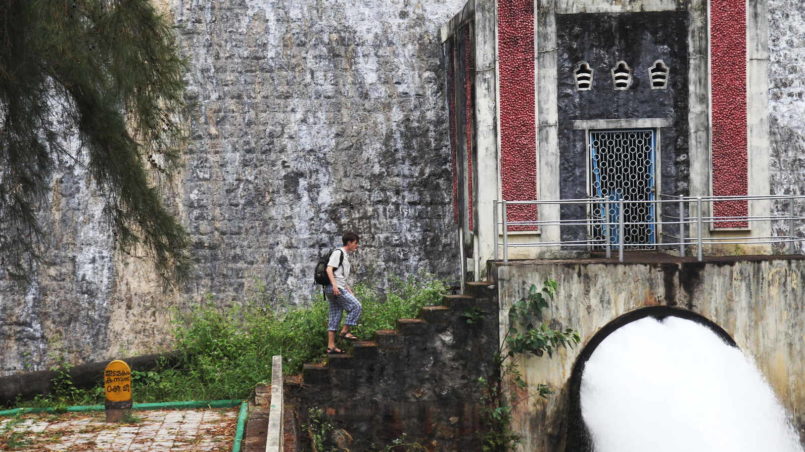Civil Liberties vs. Economic Development

Can it ever be acceptable to place the goal of economic development and the creation of wealth above civil liberties? Can it ever be right to suspend fundamental human rights if it will assist growth? Are human rights and the right to development mutually reinforcing concepts, or do they in fact occasionally contradict one another?
As long as a state is both democratic and responsible for protecting the rights of its people, it is usually considered legitimate. But how is the balance between human rights and economic development to be maintained in states like India, where a huge part of the population is in dire need of being lifted out of poverty? Can a non-democratic and non-consensual approach to development be a model for growth and development?
Human rights’ protection has been regarded, along with development and democracy, as one of three central yardsticks by which a nation is measured. A state may use various approaches in furthering, through development, the economic and social conditions of its citizens. The important point is to understand that there is a substantial difference between economic development and sustainable human development.
Along traditional lines, development refers to the economic growth of a country in terms of growth of gross domestic product (GDP).
The UNDP defines human development as “the process of enlarging the range of people’s choices – increasing their opportunities for education, healthcare, income and employment, and covering the full range of human choices from a sound physical environment to economic and political freedoms”.
These are laudable concepts but the dilemma in developing countries has been how to maintain the delicate balance between economic development, democratic consensus, and protection of human rights. A win-win situation would be a development policy which recognises and demands human rights be taken into account. But the dilemma has been how a human rights’ approach to development can be put into practice successfully.
The most vivid situation of such dilemma is witnessed during large-scale programmes for slum clearance. Usually, the acquisition of a city’s old quarters for redevelopment occurs by force and without proper compensation, negotiation, or arbitration. Although those displaced are offered cash compensation or alternative accommodation, fairness in such dealings is a far-fetched dream.
Another example of the sweeping effect of economic development on human rights can be observed in the enormous and controversial practice of displacing populations for the construction of dam and reservoir projects. The central role of the dam is to provide hydroelectric power and thus generate a thousand megawatts of electricity. The enormous economic benefits which such projects create leads to the state relegating concerns for the thousands displaced on a grand scale. In fact, very little concern or thought is given to the rights of the local population and all dissent is brutally suppressed when such projects are undertaken.
The construction of the “Three Gorges Dam” in China and the “Sardar Sarovar Project” on the Narmada river in India have been controversial since the beginning. In both cases, concerns were raised that the projects will have serious negative implications for the environment. Countless families have been displaced and marginalised due to such projects. Moreover, efforts to provide replacement land for those evicted have been patchy and in many instances unsatisfactory in both cases. The land provided to the villagers was not cultivable land, and this has resulted in increasing difficulties for those displaced. Even decades after the displacement, a significant number of the displaced people due to the construction of the Three Gorges Dam remain in poverty.
The long-term success of any country’s economic projects depends upon its wealth trickling down to its poorest inhabitants. As their plights worsen so will their demands become more aggressive.
I am in favour of economic development as I understand it is imperative for the well-being of people along with civil liberties and democracy. But can any justification be given for economic development at the cost of human rights and civil liberties? A balance needs to be found. And yes, that is a challenge for the governments of developing nations.
Credits
| Image | Title | Author | License |
|---|---|---|---|
 |
5564999214_e86b5df26d_o | Neyyar Dam | CC BY 2.0 |
